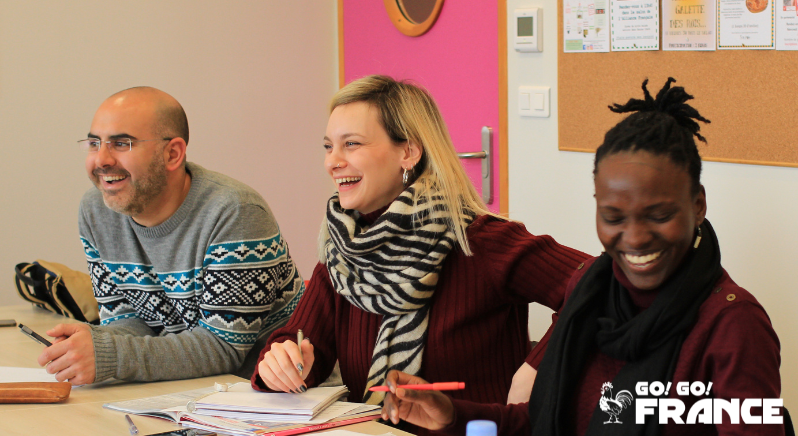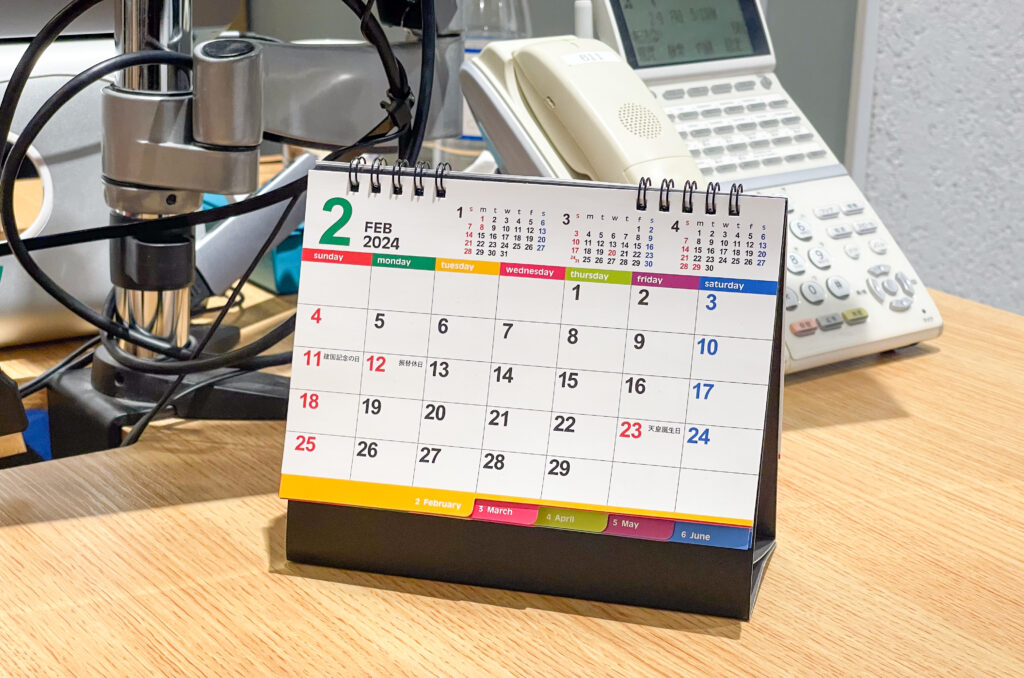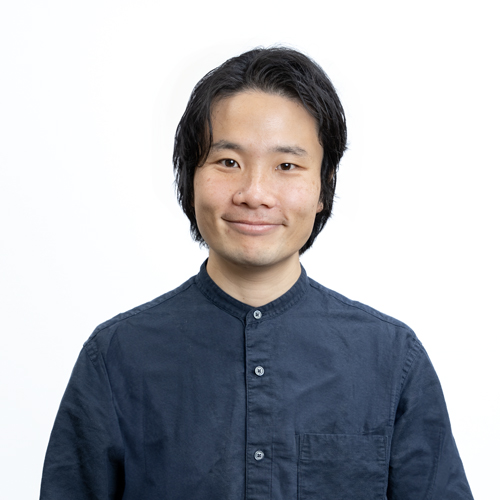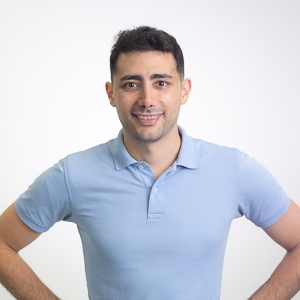The way French language schools structure their terms plays a pivotal role in facilitating the educational voyage of international students. Whether you’re planning to dive into the language for a short stint or immerse yourself for an extended period, understanding the rhythm of school terms in France will empower you to make the most of your study experience.
Traditional Calendar
Students in France typically spend around 36 weeks in school or university each academic year. The academic year usually starts in early September and ends in late June or early July, mirroring the structure of many other countries.
2023-2024 Calender can be found here: https://www.service-public.fr/particuliers/vosdroits/F31952
There are several holiday breaks throughout the year: 2 weeks at the end of the year for Christmas and New Year’s, 2 weeks in February for winter break, another 2 weeks in April for spring break, and July and August are typically the summer months during which schools and most universities are on vacation.
Read more about national holidays in France in this article: https://stg-gogofrance-ggfstaging.kinsta.cloud/en/blog/national-holidays-in-france/
French Courses All Year-Round
French language schools offer courses all year round! This arrangement caters to international students who may not align with the September-June schedule due to various reasons, such as professional commitments or differing academic calendars in their home countries. Consequently, students have the liberty to start their courses at multiple points throughout the year, including July and August, as language schools do not close like most universities and public schools.
School Terms
Most schools allow students to commence their studies on any Monday throughout the year, offering unparalleled flexibility. However, complete beginners are provided with specific start dates to ensure a cohesive learning environment from the basics. Then, depending on the school, starting terms for complete beginners can vary from every first Monday of the month to only 4 terms per year.
Study Length
Each term can range from 1 week to 1 year, and students can decide the exact number of weeks they would like to study. This flexibility allows students to plan their studies around their availability, making French language learning accessible to everyone, from short-term visitors to long-term residents.
School Schedule
Classes are held in the morning and/or in the afternoon. The scheduling of classes is determined by the school based on the student’s levels and organizing requirements. You cannot choose your schedule.
However, if you have specific constraints, such as an afternoon internship, we will communicate this information to your chosen school and see which term and schedule best suit your start. So, do not hesitate to contact us if you need assistance!

Benefits for International Students
The flexibility of school terms, coupled with the extensive range of course durations, enables students from around the globe to experience French education without the constraints of a rigid academic calendar. Whether you’re planning a short visit or a prolonged stay, you will find a solution that accommodates your schedule.
Moreover, the scheduled breaks and holidays provide students with the opportunity to explore France, engage with its culture, and practice the French language in everyday situations.
Go! Go! France can help you apply for any school term throughout the year. Contact us to start your journey of living and studying in France.











